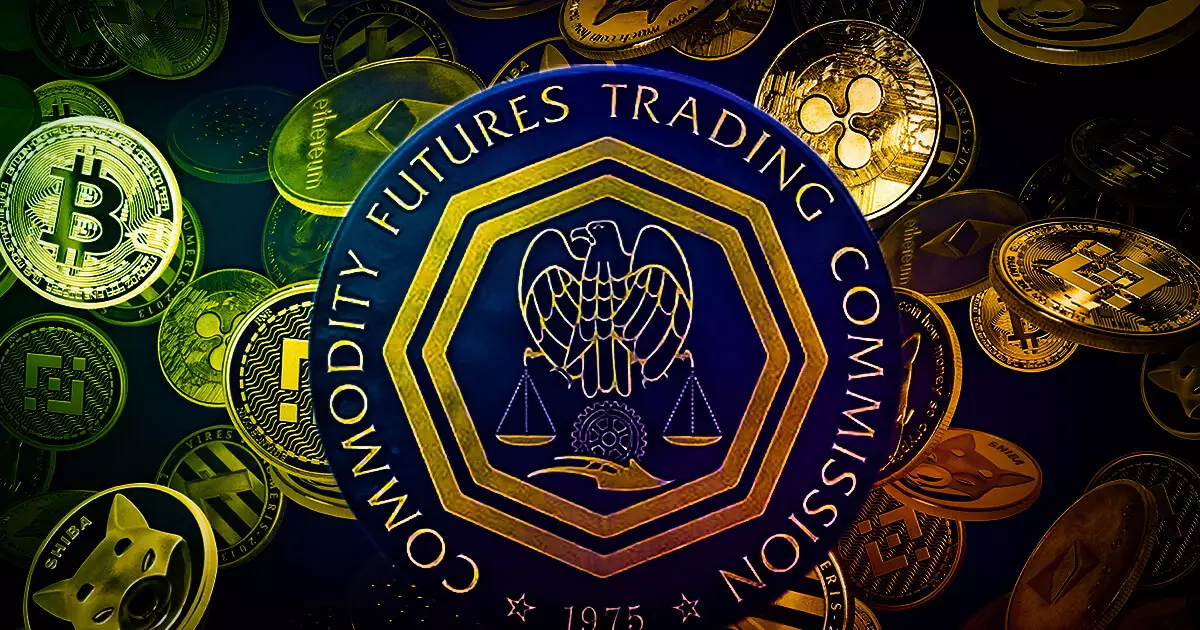On October 2, 2023, the United States Court of Appeals for the District of Columbia Circuit delivered a pivotal judgment regarding the legality of prediction markets focused on U.S. elections. The court dismissed an appeal made by the U.S. Commodity Futures Trading Commission (CFTC), which sought an administrative stay on a prior ruling favoring the prediction market, Kalshi. The court’s decision indicated that the CFTC could not substantiate its claims that the proliferation of these markets would cause irreparable harm to the public. This ruling signifies a crucial shift in the landscape of political betting, heralding an era where marketplaces can operate freely within the confines of legal frameworks.
Tarek Mansour, the founder of Kalshi, heralded the court’s ruling as a significant victory for the prediction market industry, specifically pointing towards the establishment of a legal precedent for the inclusion of U.S. election-related betting contracts. With the green light to resume its operations, Kalshi and similar platforms stand to benefit immensely. However, the court also cautioned that the CFTC could present new evidence in the future to justify a renewed emergency motion. This careful balancing act opens up the possibility for future regulatory scrutiny while providing the prediction markets a momentary respite.
The ruling coincided with intense discussions among lawmakers about regulation in this emerging industry. On August 5, a group of U.S. senators and representatives, including notable figures like Senators Elizabeth Warren and Chris Van Hollen, urged the CFTC to adopt a stricter stance against political prediction markets. The lawmakers argued that election processes should remain untarnished by the profit motives inherent in gambling. Their letter indicated a belief that enforcing limitations on these platforms would preserve the integrity of electoral processes.
Conversely, Congressman Richie Torres advocated for a more regulatory approach rather than outright bans. This dichotomy highlights the ongoing debate among legislators regarding the role of prediction markets in democracy. While some view them as potential threats to election integrity, others see them as a legitimate form of expression and an innovative way to engage the public in political analysis.
This ruling could have far-reaching implications for crypto-based prediction markets, such as BET and Polymarket, which have thrived in the shadow of Kalshi’s legal battles. If the CFTC chooses not to pursue further action against Kalshi, it may embolden these platforms to expand their offerings and attract a broader audience interested in political outcomes. As more players enter the market, the discussions surrounding ethics and regulation will undoubtedly intensify.
Given the court’s decision and the polarized views among lawmakers, the future of political prediction markets remains uncertain yet full of potential. This situation serves as a litmus test for how American society perceives the intersection of politics and gambling, ultimately questioning whether these markets can coexist with traditional democratic values without undermining public trust in electoral processes. As this narrative unfolds, all eyes will be on both the legal landscape and the movements of the CFTC.

